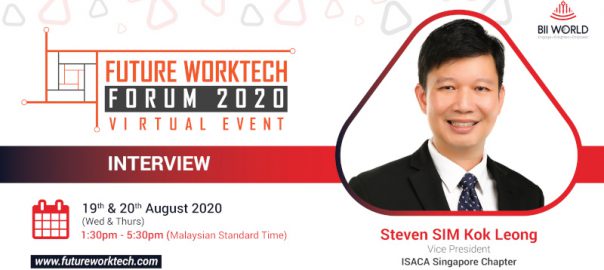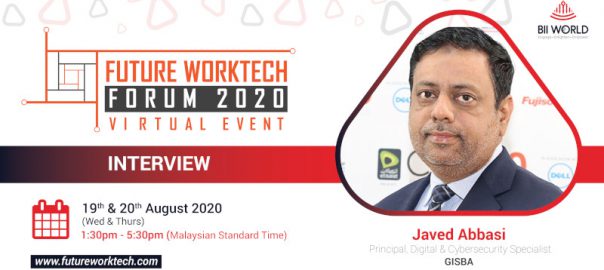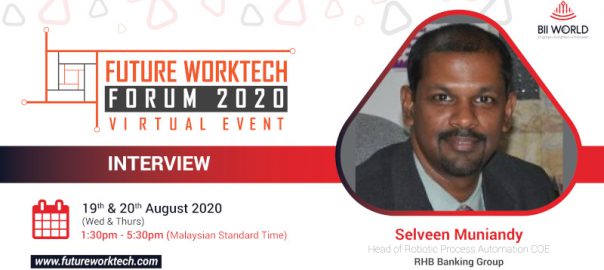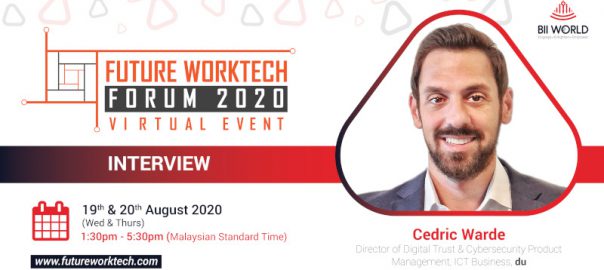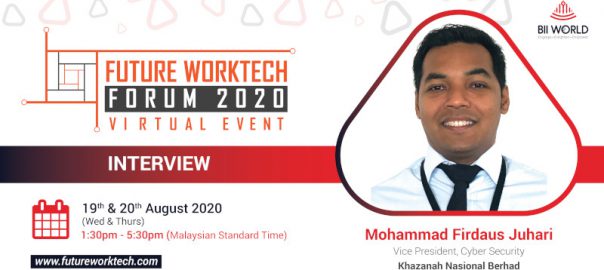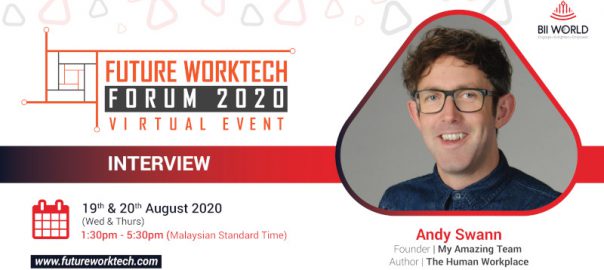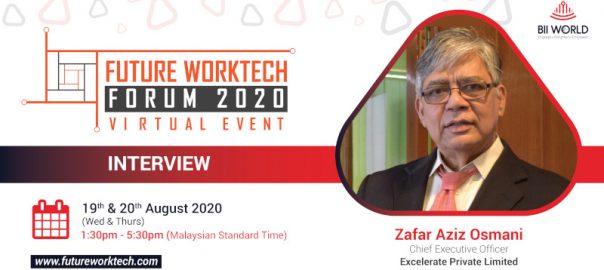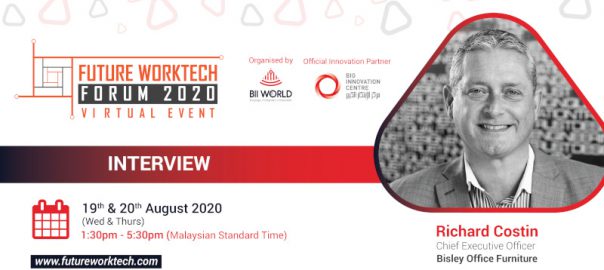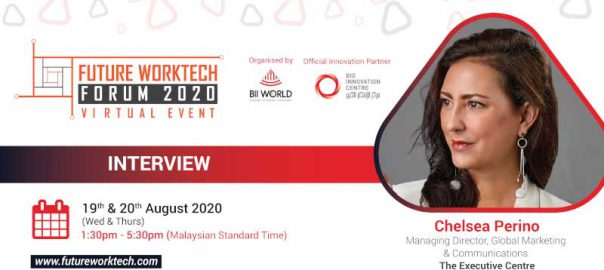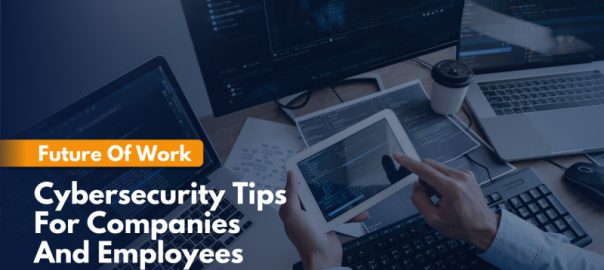With the prevailing global crisis, what is your personal opinion on how the future of work will affect your business operations?
Bisley is a Global business with offices in North America, Middle East, Spain, Germany, Ireland, Netherlands and obviously the UK. Although the impact of COVID-19 has and will continue to impact our business, we have managed to continue to receive orders from overseas as the crisis hit countries at different times and also started to relax lockdown at different times.
We are very fortunate that the quick decisions that we took to both close and slowly phase the opening of our business, it allowed our orderbook and manufacturing process to continue. During lockdown we saw high volumes of orders from the Public Sector and also our customers that were supplying via their on-line retail sites.
The UK must go back to the office, but the office will look very different, large corporates will rota staff and also allow them to work from home. Although we did see spikes of orders these were more reactional to the situation and not strategic. In the near future, companies will review what is actually required for their staff to work from home and businesses will consider whether they really need the office space they have today.
For smaller businesses, I believe they will continue to work in an office environment rather than work from home. The Public Sector will have a mixture of home and office working, but they will not go back to the office as before due to the large number of people working in small working environments.
This is my view for the UK, other countries will want to go back to the office and not necessarily work from home. In Germany, the vast majority of our customers continued to trade and was only 8% down against normal activity.
According to you, which emerging technologies will be most crucial and relevant to the dynamic changes at work?
Online ordering and online communication with the customer will be vital, Amazon have hugely benefited from this situation as they communicate and provide a service that exceeds customer expectations.
More online service options will be required rather than simply providing a product. Making life easier for the customer, providing solutions to their challenges using technology, albeit either face to face or offering a virtual solution. In addition, web technology is getting smarter, customers want to engage virtually but ensure they can experience an easy shopping facility and can track their orders and be communicated to at all times until the shopping experience is complete.
Bisley provides a meeting pods in various sizes they are soundproof and also bacteria resistant and cleanses the air quality, kills viruses through light technology whilst providing a wellbeing for the working environment. We are starting to see huge interest due to the focus on returning to work
How do you think change management and HR policies will cater to the needs of employee welfare and engagement to effectively adapt to the future work culture?
Change management is vital, during these challenging times staff will always be concerned whether they have longevity in their employment. During Lockdown, many businesses have used the furlough scheme in order to survive, but at the same time as they start to phase staff back to work, they have been measuring efficiencies, productivity and cash management.
Most businesses will have established that they can actually do more with less, therefore companies will start to use this period to change their business for the future and use this period to reduce headcount. However, post furlough staff will remain unsettled until business economy recovers. Although many companies can also see that they do not necessarily need to bring their staff into city centres and do not need their current large office space. Many have provided certainty to their staff and have informed them that when they can go back to work as normal, they can structure their work life balance and work from home for periods of time.
New HR policies and staff welfare will be important to individuals, but this is dependent on what continuity commitment businesses can provide and will vary on the business sector. Depending on each sector, if manufactured sales volumes do not pick up to the businesses revised sales and operational expectations, I do not see how much commitment business can provide. However, there should remain in place a staff welfare scheme to assist and to ensure the overall culture is open, honest and transparent.
What are the main challenges in evolving into the future of work operations with respect to WFH, Remote Work and Virtual Employees formats?
Again, this is dependent on the sector we operate in, for the production of office furniture, manufacturers have and will continue to evolve in the products they produce. New home office products will be more common and large corporates will have new framework agreements in place with key suppliers that can provide a total solution at various levels. This will be similar within the public sector, but I believe SME business will continue to work from the office but have technology in place to interact with their customer base. Larger businesses such as the financial sector, many staff can easily work from home, but accessing their central systems has seen some security cyber issues.
How do you suggest organizations will deal with business confidentiality, cyber threats, safety and security concerns which are crucial factors for the changing work operating models?
In order to manage the security of company’s IT for staff that work from home or from remote working locations is fairly straight forward. Most companies outsource their IT security to specialist providers, these companies will set up a secure file network and access to systems, Penetration Testing will be apparent and will operate 24/7 365 to protect from cyber threats. Email phishing is more common, guidance will need to be issued and monitored on a frequent basis and the email threat level will be increased to filter “odd” email addresses.
In addition, a log in portal can also be used by employees that is password protected and changed each time you log in or the time frequency the PC is not used. Employers can also monitor the efficiency and working time of their staff using this method!
How do you feel attendees will benefit from Future WorkTech Forum?
I think it is positive that we can engage with each other and benefit from each business and the different sectors we operate in, at the same time we increase our business network and understand how other are coping and changing strategies where necessary.

